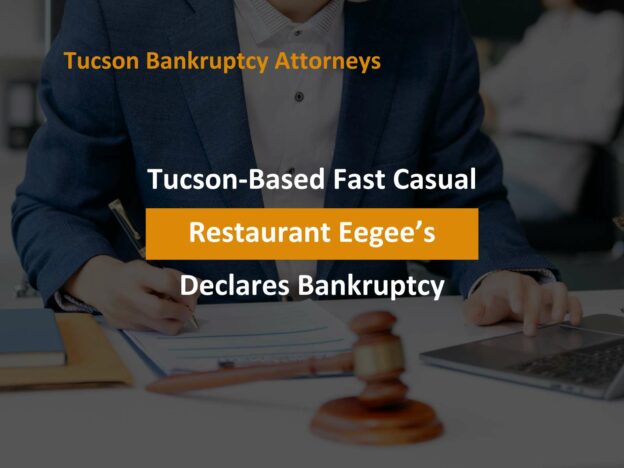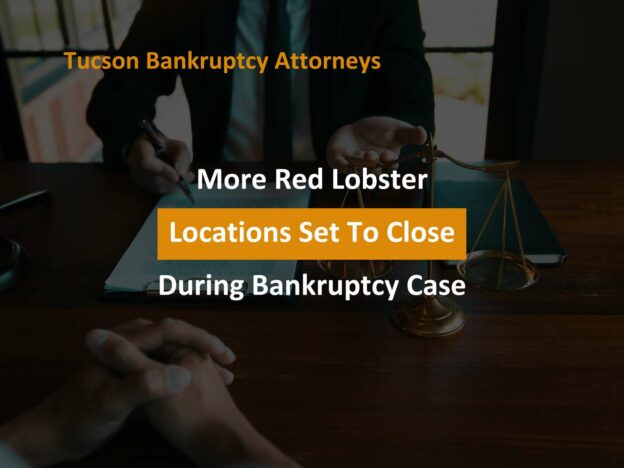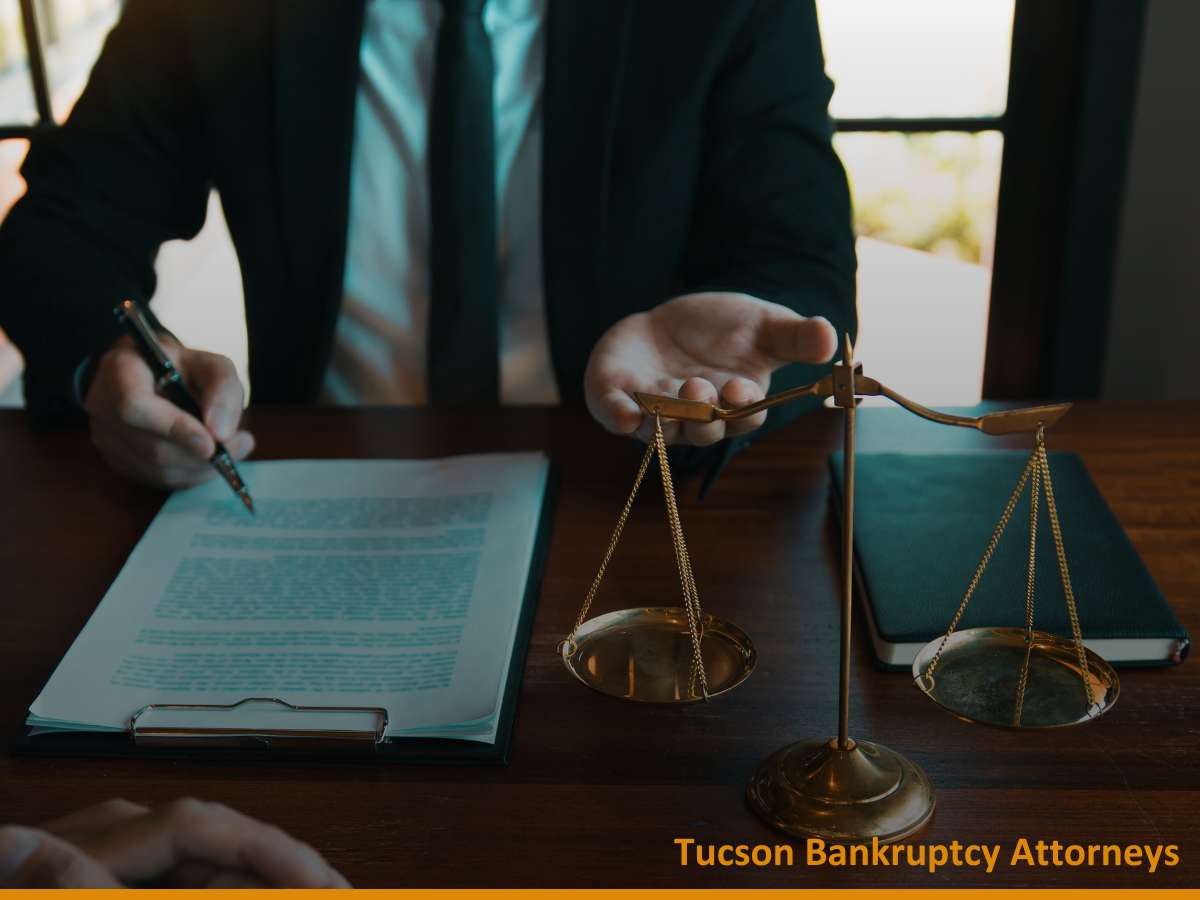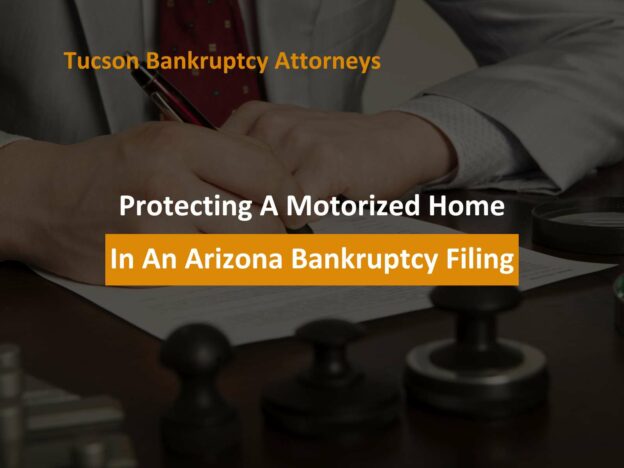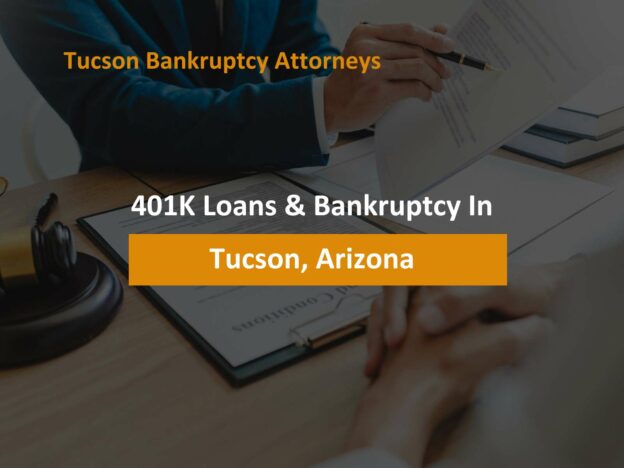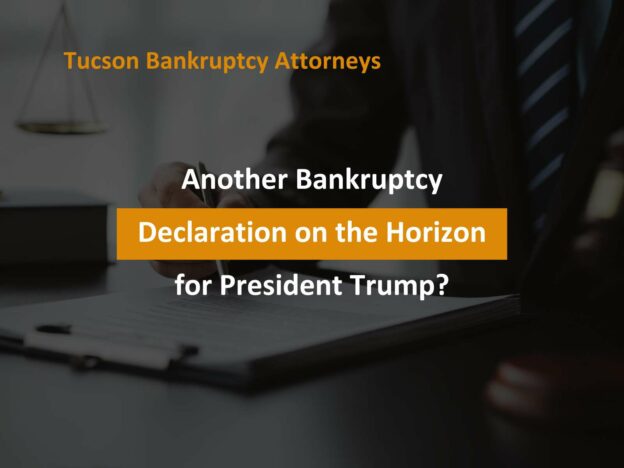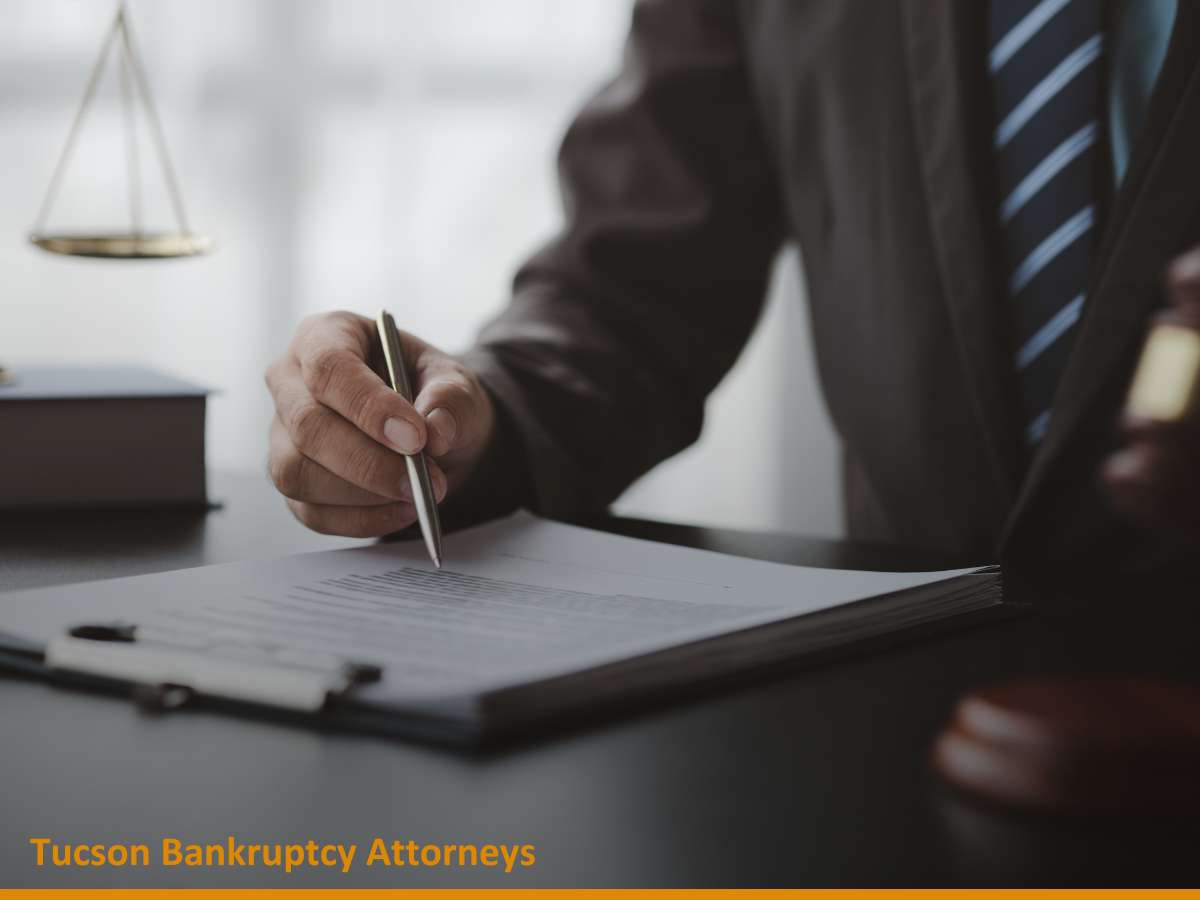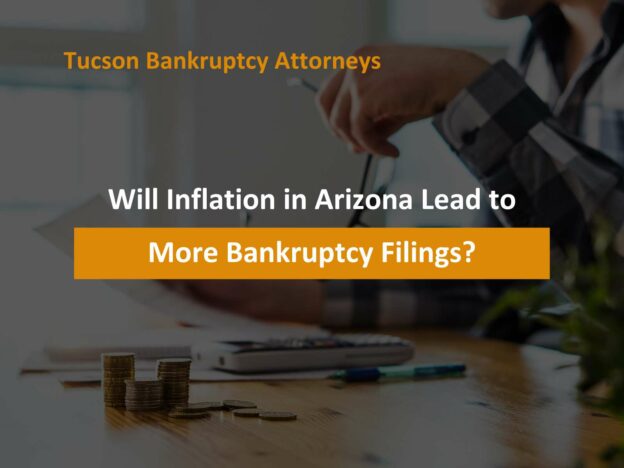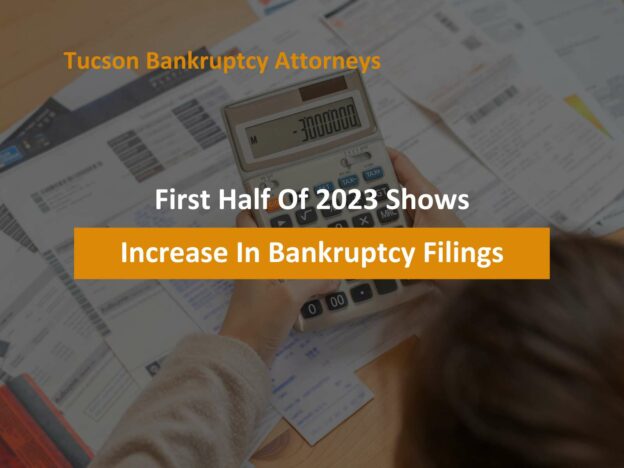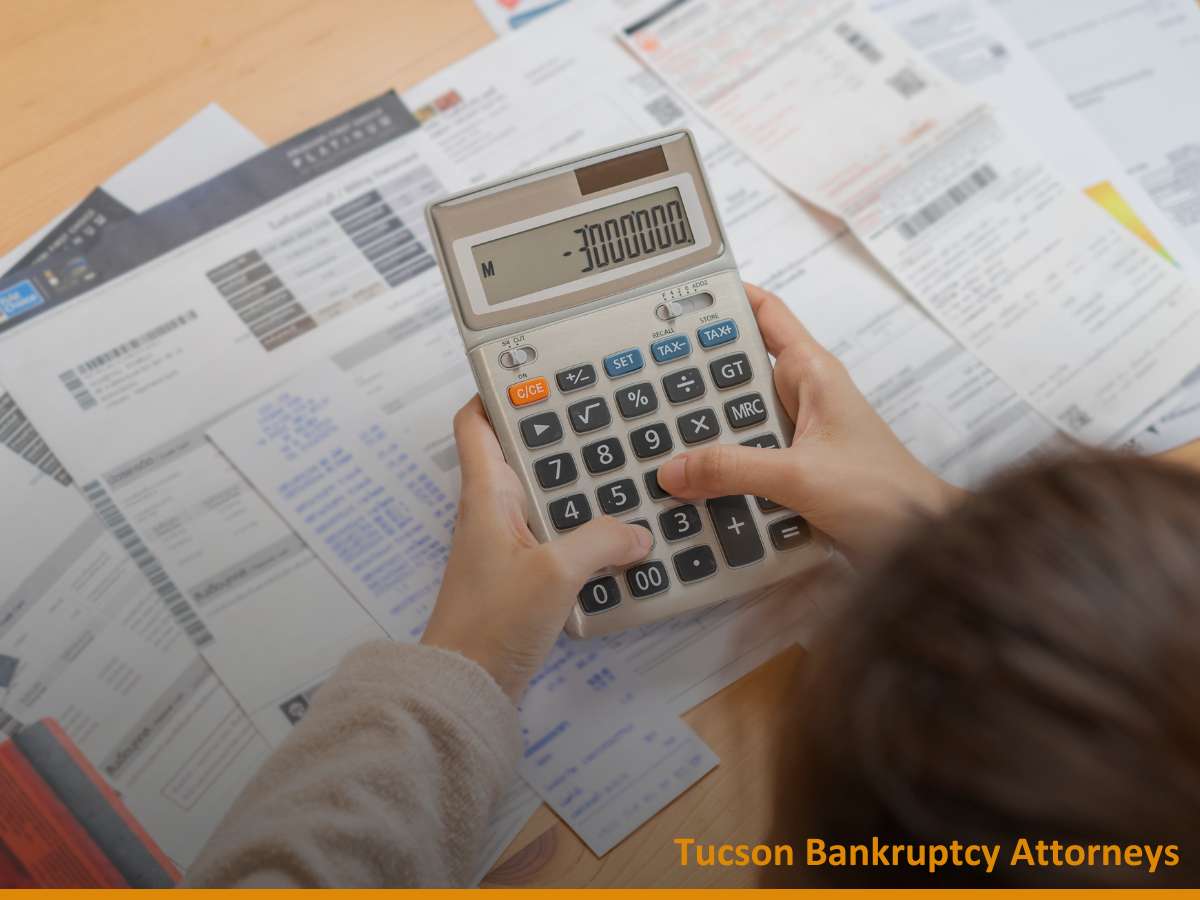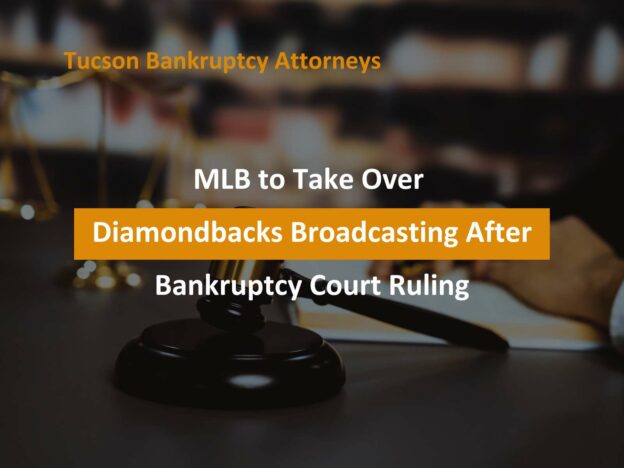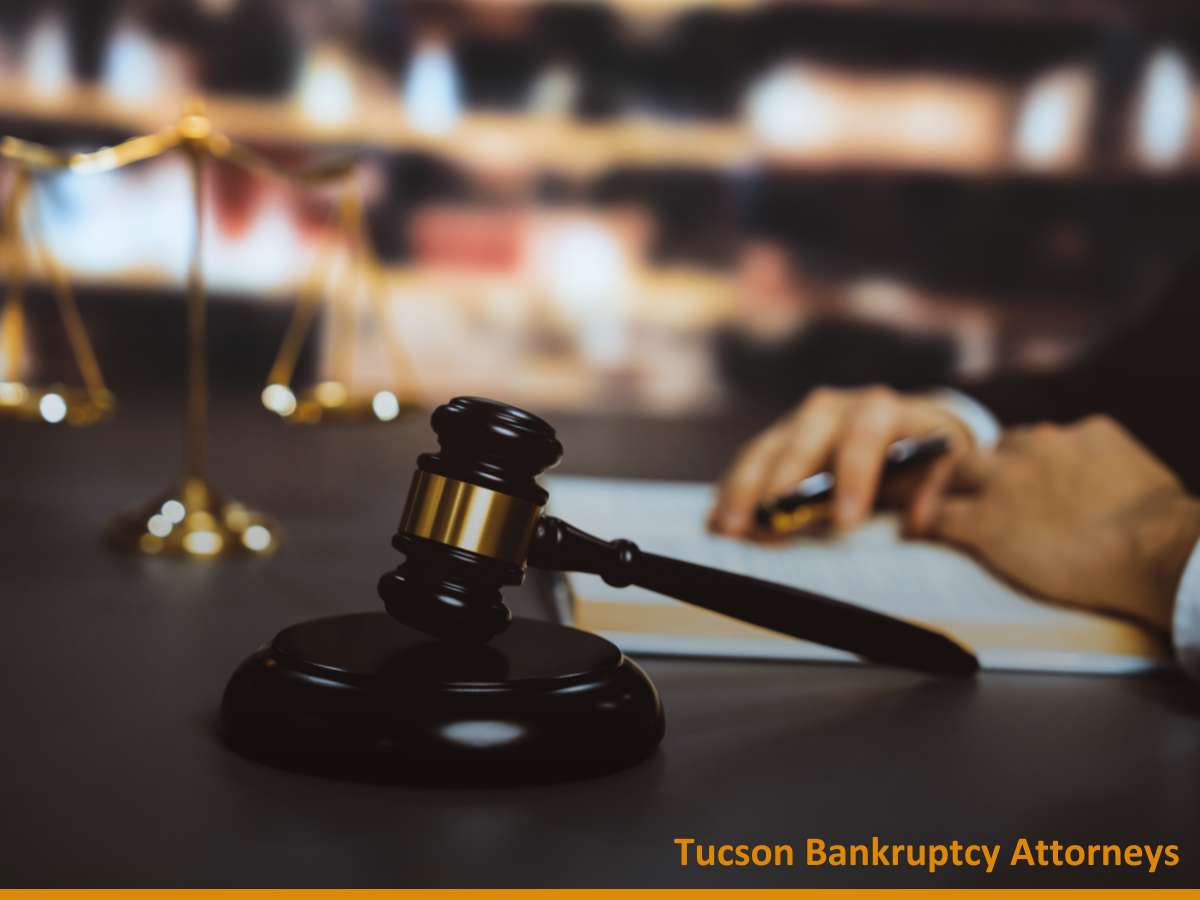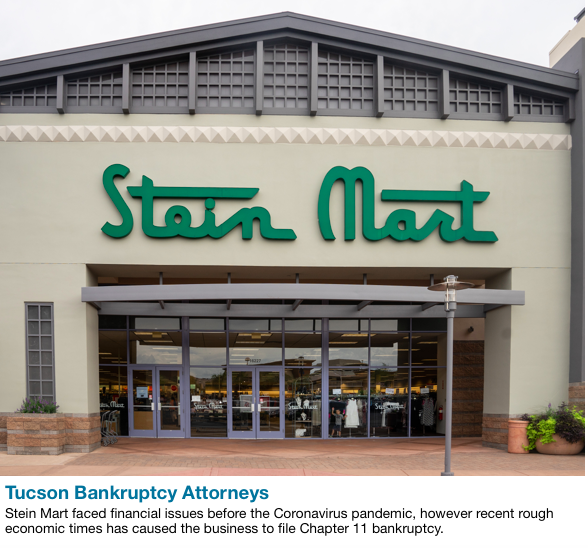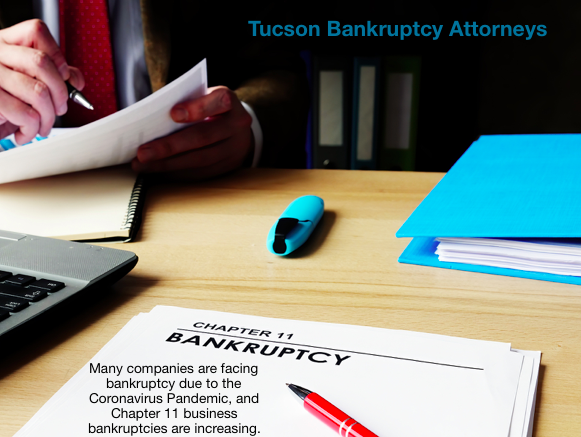As 2024 draws to a close, we have a better perspective on how certain types of industries are doing in the post-pandemic economy. As the cost of living continues to increase, consumers become more discerning with how they spend their hard-earned dollars, and one discretionary expense many seem to have cut from their budgets is fast casual dining. You’ve probably seen headlines about major chains like Red Lobster and Rubio’s Coastal Grill filing for chapter 11 bankruptcy due to uncontrollable debt. These restaurants have hundreds of locations throughout the country but have struggled with finances since the pandemic. They are using chapter 11 bankruptcy to protect their assets while working out agreements with creditors, rather than throwing in the towel and shutting down the business. Residents of Tucson are probably familiar with the latest restaurant chain to file for chapter 11 bankruptcy- Eegee’s.
Eegee’s filed for chapter 11 bankruptcy on December 6, 2024. With this filing came the closure of several of its locations, including:
- 12th Avenue and Ajo Way
- Grant Road and Interstate 10
- Speedway Boulevard and Pantano Road
- Tanque Verde Road and Sabino Canyon
- 3510 W. Peoria Ave. (Phoenix)
This chain has been a staple in Tucson since the 1970’s and quickly became known for its fruity ice treats. It sold to 39 North Capital in 2018. Eegee’s CEO announced with the filing that post-pandemic market pressures had caused the filing, and the restaurant has already secured financing to continue operations while restructuring its debts through bankruptcy. Employees at the closed locations will reportedly be offered transfers to remaining Eegee’s locations. All gift cards and rewards program points will be honored during this transition.
Thankfully, Eegee’s bankruptcy filing doesn’t necessarily mean its employees will be out of work. Unemployment is one of the leading causes of bankruptcy in the United States, along with medical debt, credit card spending, and divorce. But when a famous fast casual chain files for bankruptcy, it can be an indicator of popularity or quality, but it can also display disposable income spending trends among customers. Many people are struggling just to pay their basic expenses and don’t have spare funds for even the most basic “luxuries.” Just one late payment or unexpected expense could cause a chain reaction resulting in overwhelming debt. If you’re caught in the cycle of debt and are looking for a way out, it may be time to consider bankruptcy. To schedule your free consultation with Tucson’s leading choice in Zero Down bankruptcy representation, call 520-307-0020.

What Happens To A Business That Files For Chapter 11 Bankruptcy
There are several commonly-held misconceptions about bankruptcy, like that it is the end of the line for an individual or company that takes advantage of its protections. But many companies use bankruptcy not just to survive, but to eventually thrive. Ceasing operations is an option with chapter 11 bankruptcy, but most companies that go through the resources to file for chapter 11 bankruptcy do so for the option of staying in business. The first thing that happens when a business files for bankruptcy is they become protected by the automatic stay. The automatic stay stops actions against debtors like repossessions and lawsuits. This is only meant to be temporary protection while addressing debts through bankruptcy, so the protection from the automatic stay ends when the case is discharged or dismissed. But it can help the business find stability and retain key assets- without it, the company could be lost.
A trustee is assigned to oversee every bankruptcy case. In chapter 11 bankruptcy, creditors also play an important role. Unlike in chapter 7 and chapter 13 bankruptcy, the debtor’s primary creditors form a committee in a chapter 11 bankruptcy case. While the company retains control of its own daily operations, the creditors have a say in major business decisions while the case is active. Let’s say a hotel chain wants to sell numerous locations, or a clothing company wants to pivot from brick-and-mortar to online sales; the creditor committee would vote to approve or deny these types of decisions. These limitations remain in place until the debtor and creditor committee come to an agreement on how the debt should be resolved.
There is no set path a debtor must follow after filing for chapter 11 bankruptcy. Chapter 7 bankruptcy and chapter 13 cases have standard timelines and always conclude through a debt discharge or reorganization payment plan. How long a chapter 11 case largely depends on the method used to address debts, and how long it takes to come to an agreement on that method. A debtor is considered to have emerged from bankruptcy at the end of a chapter 11 case. This can be a lengthy and complex process with ends that can usually be achieved through chapter 7 or chapter 13 instead. To learn more about your options in a Tucson bankruptcy filing, call 520-307-0020 to schedule your free consultation.
Other Examples Of Chapter 11 Bankruptcy Cases
Eegee’s isn’t the first famous brand to declare chapter 11 bankruptcy, and it surely won’t be the last. Chapter 11 bankruptcy can be effective in changing the long-term course of a business for the better. Some well-known examples of chapter 11 bankruptcy cases executed properly include:
- Forever 21: This fashion retailer has locations in just about every shopping mall, so it may surprise you to learn that Forever 21 declared bankruptcy in 2019. The filing was part of a larger plan to overhaul stores and minimize focus on international sales. It received $350 million in funding to execute these changes and ended up being one of the fashion retailers to survive the pandemic.
- Red Lobster: While already mentioned in this article, Red Lobster’s bankruptcy was undoubtedly the most discussed filing of 2024. The seafood chain struggled like many other restaurants in the post-pandemic economy, but blamed its filing on a misdirected all-you-can-eat shrimp special. Even a collaboration with esteemed hype man Flavor Flav couldn’t bring Red Lobster back to profitability, and the chain declared chapter 11 bankruptcy.
- Boston Market: Boston Market is another fast-casual chain that filed for bankruptcy due to post-pandemic market pressures. But while many bankruptcy debtors have failed to repay loans and lines of credit, Boston Market failed to pay some of its most important creditors, like its landlords, utility companies, and employees. It only has about 24 remaining restaurant locations, down from 300 in 2023- a decrease of 90%.
- TGI Friday’s: This is another example of a restaurant chain forced to file for bankruptcy because of the COVID-19 pandemic. TGI Friday’s closed dozens of locations throughout the bankruptcy process.
Tucson Bankruptcy Lawyers For Chapter 7 & Chapter 13
Only time will tell if the fast-casual restaurant industry will recover. For now, Eegee’s and other eateries might tighten their belts but are otherwise here to stay. And just like businesses that benefit from filing for bankruptcy, you can turn around your financial situation with a personal bankruptcy filing. Chapter 7 and chapter 13 bankruptcy are available to those struggling with debt and who meet certain requirements. Our bankruptcy team in Tucson has dedicated staff and attorneys ready to discharge your debts through bankruptcy as quickly and simply as possible. To get started today with your free consultation by phone, call 520-307-0020.

